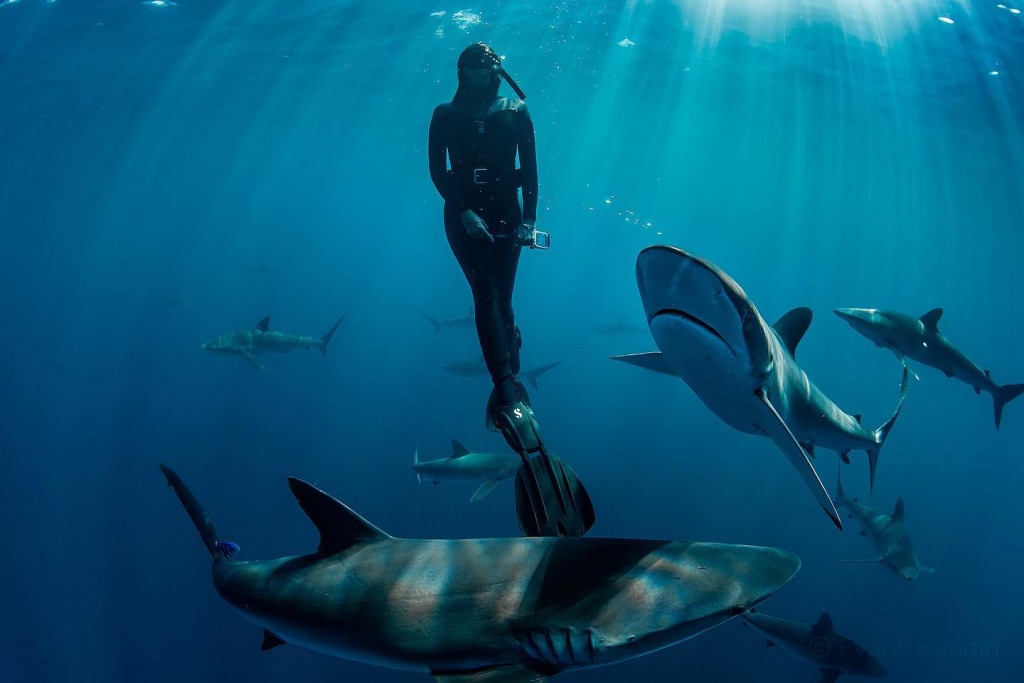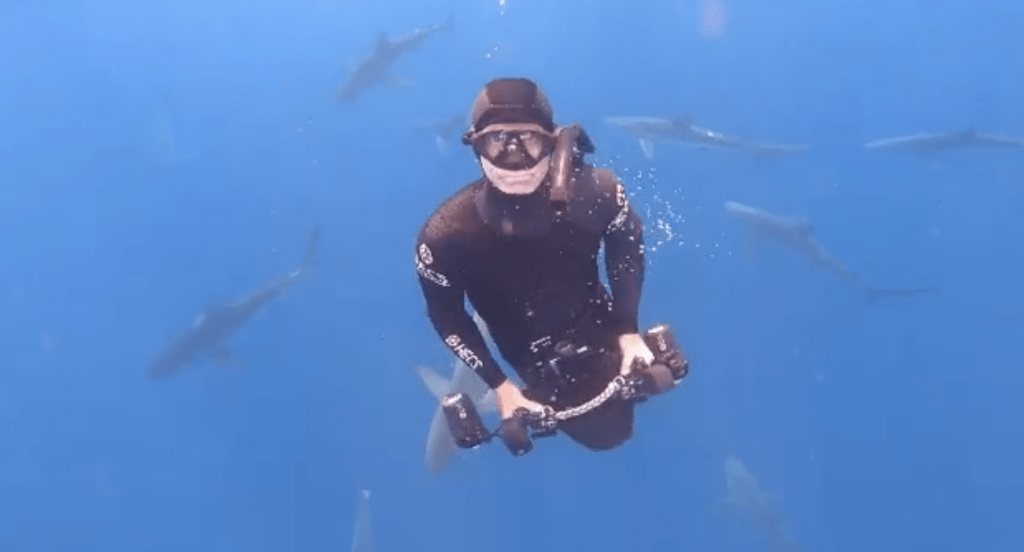Sharks are beautiful and fascinating creatures that rule the underwater world. Did you know that sharks have roamed our oceans for more than 450 million years? They are resilient creatures and one of the few animals that have survived multiple mass extinctions. Sadly, these apex predators are at the extreme point of their resilience.
Misunderstood creatures
Often misunderstood and falsely represented, sharks have been living with a bad reputation. Movies like Jaws and Shallows portray them as monsters but in reality, sharks are not natural man-eaters. Although there have been incidents of real-life shark attacks in history, they are quite rare. Human provocation is often the cause behind many attacks. Examples include bites attributed to touching or harassing sharks, spearfishing, or trying to feed sharks). Based on the statistics of the International Shark Attack File (ISAF), the odds of a person getting killed by a shark is 1 in 11.5 million.
Threat to sharks
The increasing trade in shark fins, an ingredient often used to make pricey Asian soup, is a big threat to sharks. According to the World Wildlife Fund (WWF), around 100 million sharks are killed each year many of which are sought for their fins. Overfishing and bycatch are also considered immense threats to many large species of reef sharks. These poor creatures are often incidentally caught by fishing gear that is meant for other fish. Habitat destruction including damage to reefs also has a negative impact on sharks. As a result, the porbeagle, oceanic whitetip, and smooth hammerhead have been classified as vulnerable by the International Union for Conservation of Nature (IUCN). The great hammerhead and scalloped hammerhead are classified as endangered species.
Role of sharks in the ecosystem
As apex predators, sharks play a vital role in the ecosystem. They help keep the ocean healthy by maintaining the population of species below the food chain. Sharks help manage the population of fish and other species by eradicating the weak and the sick. Without apex predators, there will be nothing to control the fish population. If this happens, it won’t take long for the fish to exhaust their food sources and then ultimately starve to death. The decline in fish population will cause algae and bacteria to overrun the reefs. This will hinder photosynthesis leading to the death of corals. It’s not a good domino effect. Soon other smaller creatures that graze on the corals will die and so on. It’s a devastating scenario.
Sustainable shark diving expedition

Baja Shark Experience is a professional shark diving company and we have been diving with these remarkable creatures for 10 years. We’ve never come across an aggressive shark. Our team has never experienced any shark-biting incidents; not even a little nibble throughout our numerous close encounters with them. That’s why we believe that we can safely co-exist with sharks. We treat them with respect and kindness and these intelligent marine creatures return the courtesy. Our team promotes sustainable shark expeditions and supports shark conservation efforts.
We recently had the privilege to be part of an amazing conservation project to create a biosphere around Baja California Sur with Shawn Heinrichs, a world-class conservation photographer and Emmy Award-winning cinematographer. He is the co-founder of SeaLegacy, an organization that uses photography and communications to bring awareness and action leading to the protection and restorations of oceans. People like Shawn give us hope that we can make our oceans a safer place for marine wildlife.

